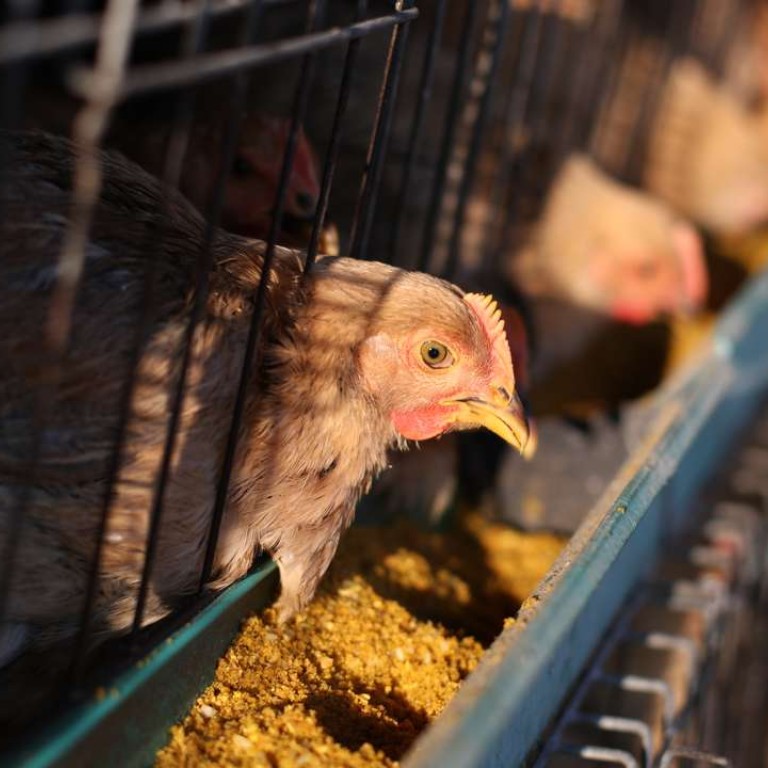
Action needed on misuse of antibiotics in livestock farming
Far too many healthy animals are being fed drugs, either to promote growth or prevent diseases, leading to problems down the food chain
The misuse of antibiotics is one of the biggest global health issues today. Not only has it led to dangerously high levels of drug resistance and renders treatment of some diseases less effective, it also adds to medical costs and creates economic and social problems. While the awareness of such problems among humans is growing, the drug is still used for growth promotion and prevention of diseases in livestock and poultry farming.
A recent Consumer Council study has put the problem into perspective. Over 60 per cent of tested chicken samples from local markets were found to contain a superbug resistant to antibiotics used for treating infectious diseases. Nearly all locally produced samples have such problems, compared to 15 per cent from North America and 11 per cent from Australia and New Zealand. The watchdog called for action to end the abuse of antibiotics. However, it added that it was unnecessary for the public to stop eating chicken.
The problem has much to do with making poultry farming economically viable. A farmer in Yuen Long told this newspaper that only about 70 per cent of his poultry would survive for sale if no antibiotics were used.
It has been said that the judicious use of antibiotics in livestock farming makes food animals healthy and thus minimise public health risks. But feeding antibiotics to animals even when they are healthy goes against that principle. According to the World Health Organisation, antibiotics should only be given under veterinary supervision and should not be used for growth promotion or prevention of diseases. The industry is also advised to keep livestock healthy by improving hygiene standards.
The abuse of antibiotics cannot be tackled without an effective supervisory regime and the cooperation of the industry. Currently, farmers require a government permit for 20 types of antibiotics. But the monitoring of the actual use of the drugs is another matter. A steering committee appointed by the government is expected to map out an action plan later this year to tackle antimicrobial resistance. Hopefully, the problem can then be put under control.

